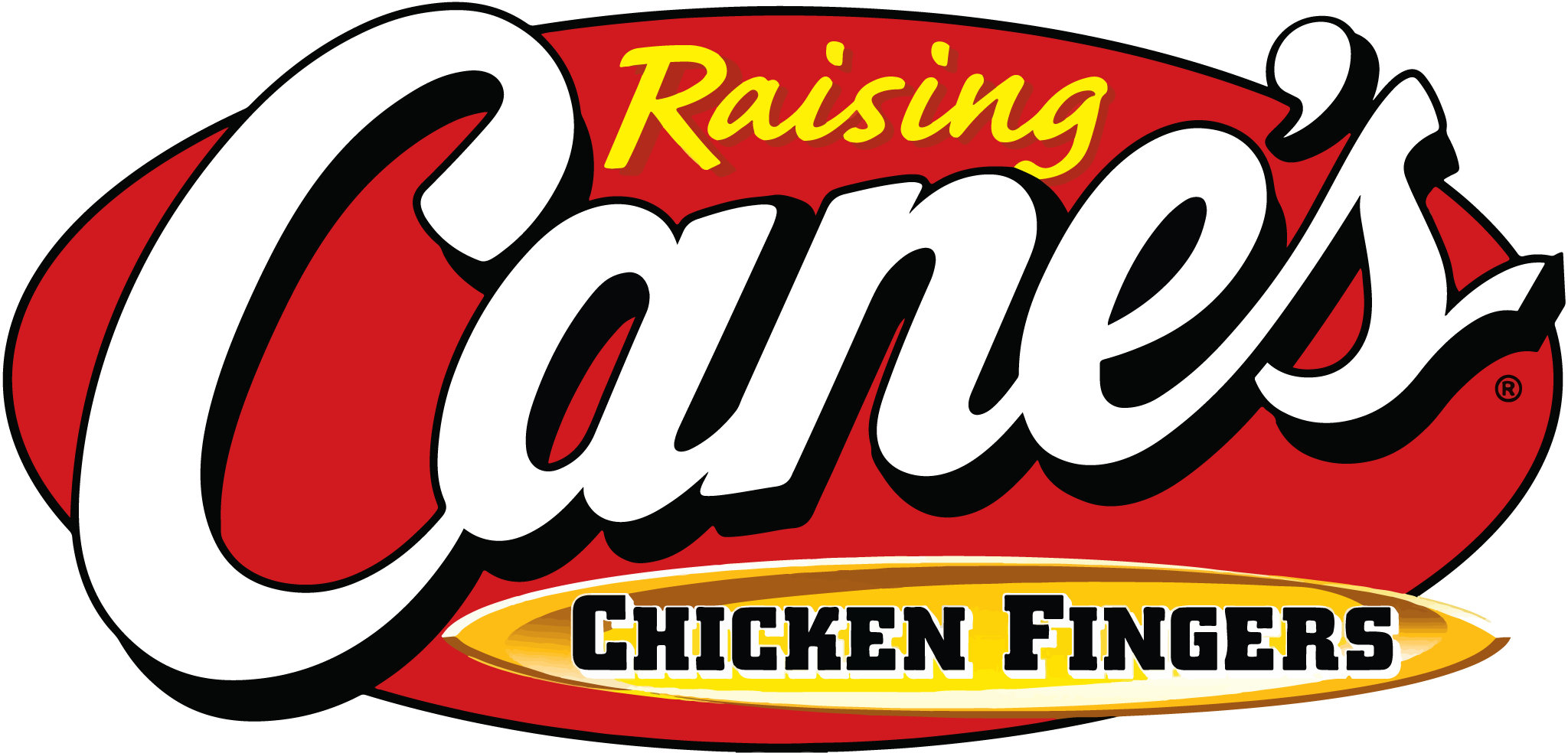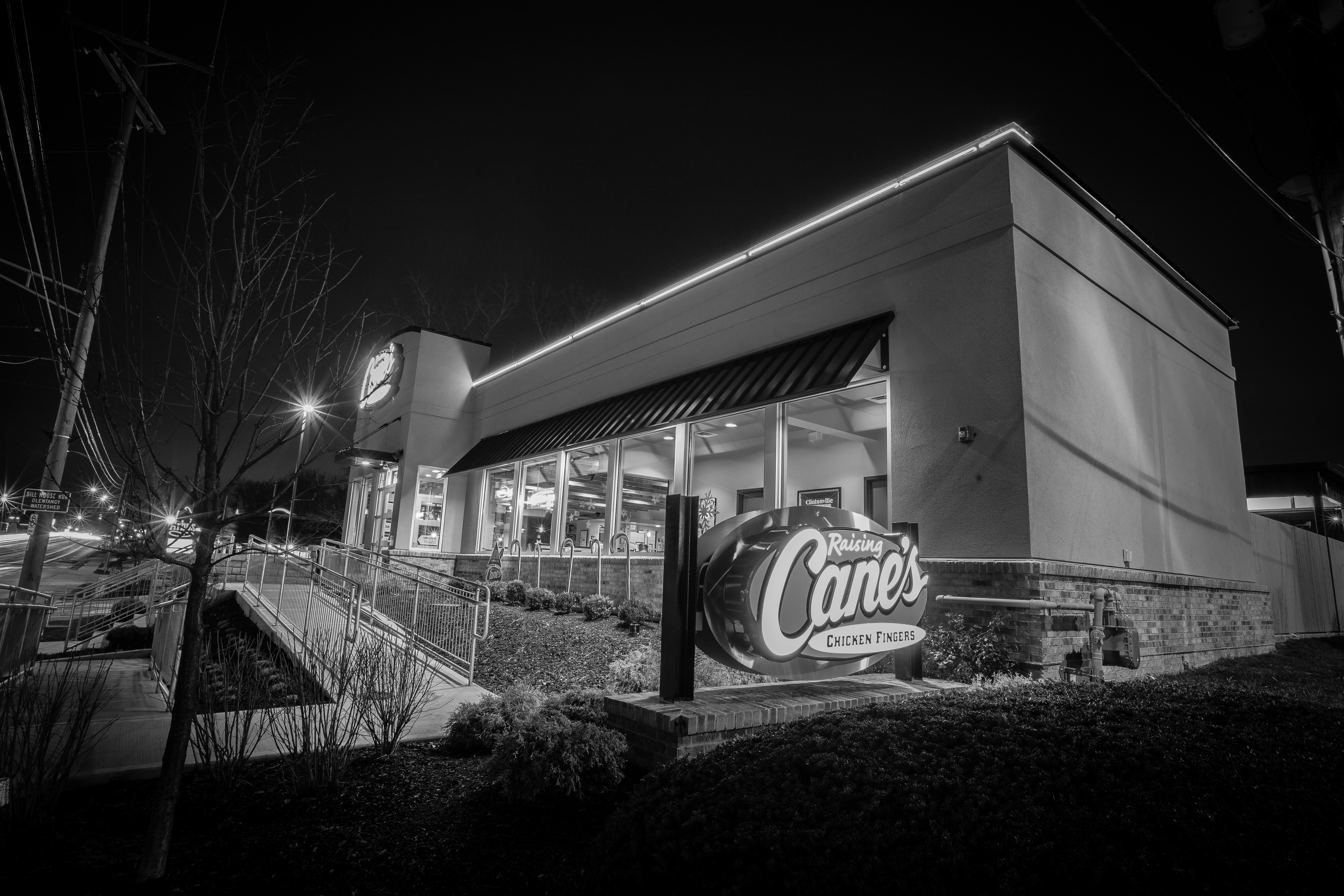
Tim McCarthy is the owner of RCO Limited (http://www.raisingcanes.com/franchise/rco-limited), located in the NCMM’s backyard in Columbus, Ohio. RCO Limited operates 17 Raising Cane’s locations in Columbus and Cincinnati Ohio, and has been a fantastic partner of the NCMM. Raising Cane’s has more than 210 restaurants in 18 states, with many more in development. We recently spoke to Tim McCarthy and Elizabeth Dennis, Chief People Officer at RCO Limited about their story.
 Tell us a little about the background of RCO Limited. How did the company get involved with Raising Cane’s?
Tell us a little about the background of RCO Limited. How did the company get involved with Raising Cane’s?
I was in my second year of college at Wittenberg University and had a loan and a scholarship that got me through my first two years of school. But that got eaten up, so I’m halfway through my education as an English major and started freaking out when I realized that the tuition office was calling me for payments for my third year. I called up my old man, and said, “do you have any ideas?” I wasn’t asking for money, just for help, because I wanted to figure it out. He was transitioning his business away from marketing consulting and into building a business marketing product. He told me, “every minute I spend with a potential client is a minute I take away from my building of this new business. You go pitch these contacts and you try to snag one of them.” After a handful of these meetings, there was one 28 year old kid in Baton Rouge Louisiana with eight chicken finger restaurants and a black-and-white logo that actually gave me the time of day. Not only that, but he signed the contract, so I became a marketing consultant for my one and only client—Todd Graves, the founder of Raising Cane’s. That’s where I fell in love with the brand, and that’s when I started engaging with the brand. I helped them build their first marketing plan, their logo and a few other things.
After I graduated in 2002, I packed up my bags and moved down to Lafayette, LA to work as a Crewmember. I worked my way from Crewmember to manager, and helped them open up their second location in Lafayette. I also cut my teeth on operations and learned the restaurants from inside and out. I moved back up to Ohio, and found the location that was at 15th and High Street (on Ohio State’s campus.) That was the first location in Central Ohio, and now we’re 17 strong.
In bringing a concept from Louisiana to Ohio, did you have any reservations about how it might work in the Midwest? Do you have any advice for aspiring franchisers looking to move a unique concept from one place to another?
Yes, we had a lot of reservations. We were the first franchisee, so there was a lot of stickiness to it. However, if you’re trying to prove a restaurant concept, Columbus Ohio is a great test market. If franchising was going to work, it was going to show itself to work or not work in Columbus Ohio. Sure enough, it has.
In terms of advice for aspiring franchisees; do your homework, and understand what the brand is all about. Even after all that time with Raising Cane’s, I actually looked at another couple of concepts before I re-engaged with Cane’s. We also realized that we weren’t trying to re-create the wheel; the wheel was already created down in Louisiana. Canes’ first locations and second locations were on the north and south gates of the Louisiana State University campus. All we did was model what Cane’s had built in Louisiana; and go to the east and west gates of OSU, and then go out into the suburban community.

What makes Raising Cane’s a special company to work with?
It’s really on how we treat people; even before the product, which has to be solid. From my perspective, the reason I wanted to re-engage with Cane’s was purely based on how they look at treating the people that are with them. Crewmembers, managers, office team, the whole kit and caboodle. They really have a different perspective on how they treat their team, and I completely align with them. Also, it’s the simplicity of the menu, and the quality of the menu was important also. If you’re not going to bring anyone in the door, there’s not really much to have a great team. But if you have the combination of the two, that’s where we totally align.
I see that RCO Limited maintains a pretty active social media presence. Can you talk a little bit about why that’s important to your company?
You mention social media, but I actually like to believe that we have a robust approach to how we talk to our customers. Social media is just one channel that we believe in. The best thing that we can do is to actively communicate with our customers; get them to respond, talk to them in whatever way they will talk back with us. We do events, sponsorships, all kinds of stuff to get actively involved in our community and social media is just one avenue of all of those ways.
[Elizabeth:] We also have a really wonderful fan base that we call “Caniacs.” A lot of the social media presence is to engage with our Caniacs. One of the things about us is that we’ll close our restaurants for most holidays and a couple of times during the year when we have, for example, a crew appreciation picnic in the summer and a holiday event in the winter. On social media, when we post that we’ll be closing our restaurants, most other places might have customers that are not so happy with the closing. Our Caniacs offer praise and thanks because they know that the reason we close is for our Crewmembers.
Can you talk a little bit about some of the things you do to stay involved in the community, and what that means for RCO limited?
I believe that the early part of our success is because the university community gave us a shot. It’s a tight knit community, and I’d love to believe that we have become part of the fabric of the community. We feel embraced by OSU, and that early on we opened our arms early on to OSU as well. Once you get a little engaged, you almost have to get all engaged with OSU. There’s something to that. Out in the larger community, for us, it’s a self-fulfilling prophecy. It sounds altruistic and yet, to get behind your community is to have them show up and support you. It’s not mutually exclusive.
[Elizabeth] We look for genuine relationships, where the reciprocity is very natural for both sides of the relationship. For example, our general managers at each location—when we talk with them about community involvement, we try to go to the places where they genuinely have interest. And where there is synergy between the community and the team that’s in the restaurant.
What would you say are some advantages of building your way up from a small business to a middle market company? The massive difference is the support and structure. There’s stuff out there that you can participate in as a small business owner or entrepreneur where you can engage with a lot of things that are out there. But it’s not as available and you have to go find it. In the middle market, it’s way different. You have people coming at you from all angles and trying to figure out what’s the right and best thing to partner with. I guess I’d simply say you’re going out and finding it as you’re starting. And it’s coming at you in the middle market. Case in point is the Middle Market Summit. The NCMM is shining a light on something that hasn’t existed before. The support structure existed before the NCMM brought everybody together and collaborated and got everyone focused, so that’s cool that you harnessed all that power.
.jpg) What’s next for RCO Limited and Raising Cane’s? What are you most excited about?
What’s next for RCO Limited and Raising Cane’s? What are you most excited about?
We’ve got the rights to Ohio. As a result of that, our expansion is not going to stop in Cincinnati. Over the next 10 years, we plan to have restaurants throughout Ohio. As such, that provides opportunity for our team. Those that want to grow, we’ve got spaces available through that growth both in the office and in the restaurants. To go from Crewmember to manager, to have a build their career path; and that’s something we’re super proud of. We have profit sharing for the entire organization from Crewmember, to office to manager—anyone who is part of our organization gets a profit sharing check when we have profits. I mention it only because I think it goes hand-in-hand. Expanding and growing that pie, in the profit sharing realm, as well as the career paths and opportunities of those that want to participate. We want to continue to grow internally; we find most of our best team members are those that started as team members and have worked our way through the organization.